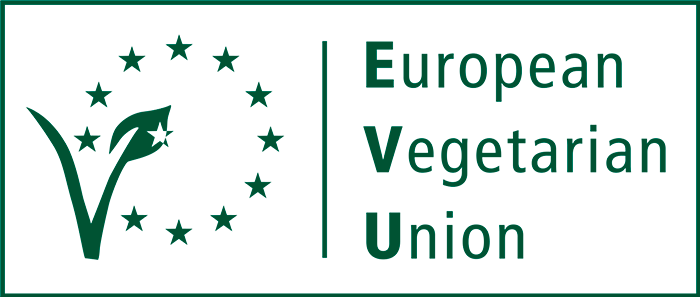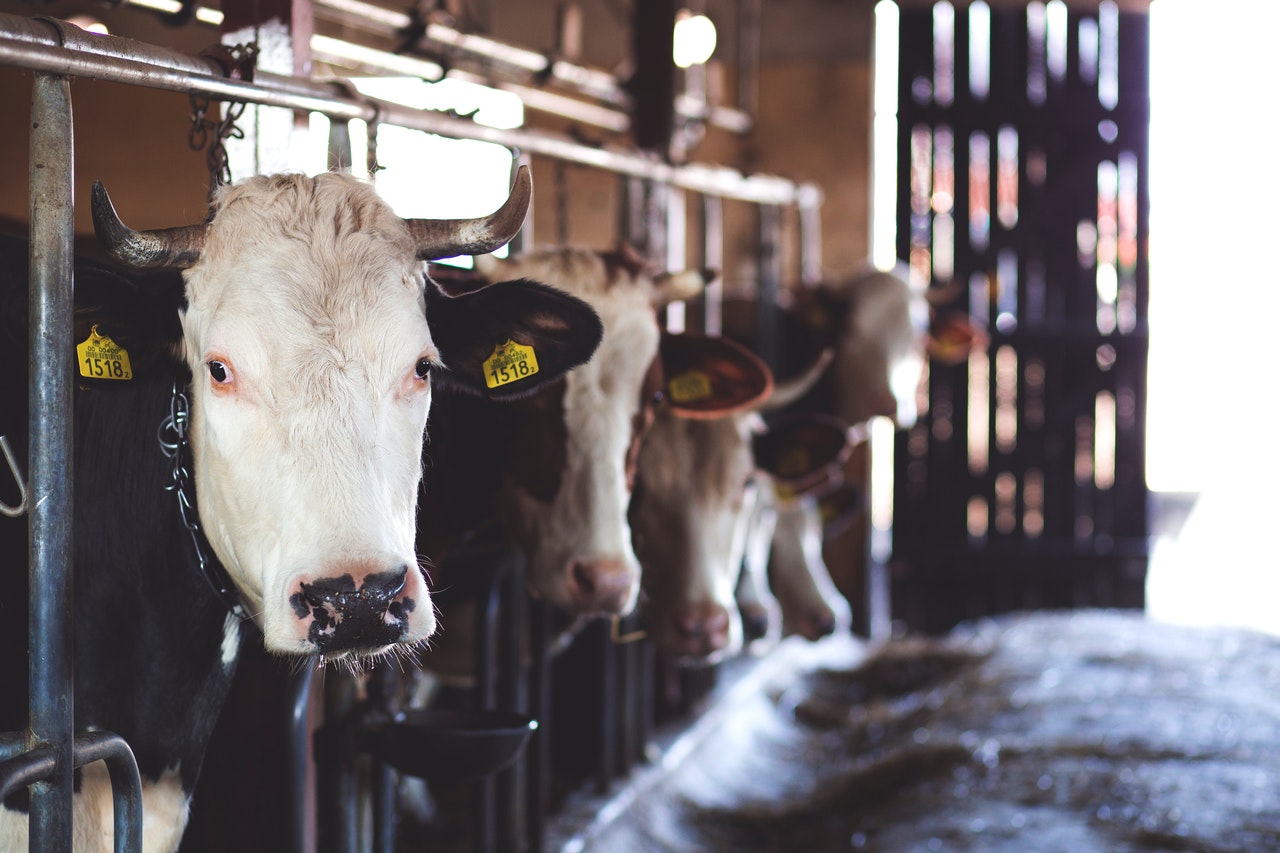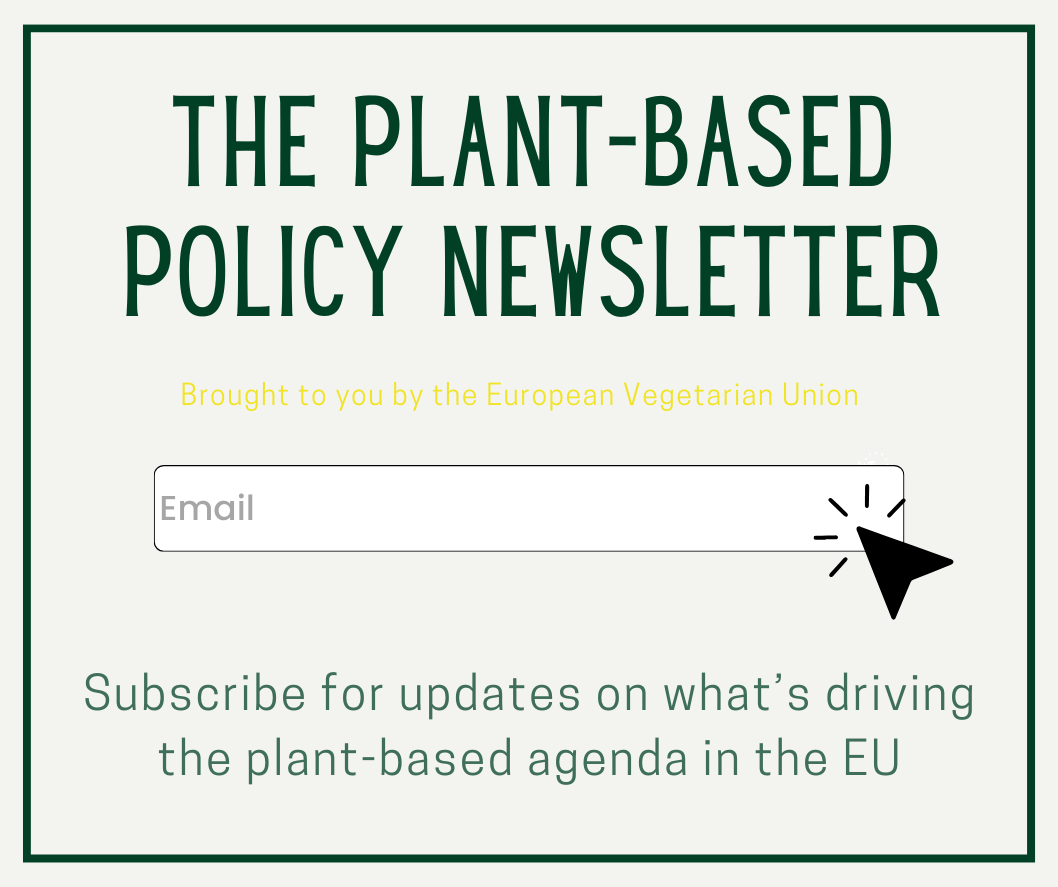The ECA’s verdict on the CAP’s ability to tackle climate change and agricultural emissions is poor, but clear, especially with regards to emissions from the livestock sector: “EU-27 greenhouse gas emissions from livestock have
not decreased between 2010 and 2018. […] Reducing the livestock production would lower emissions from feed digestion and manure storage, but also from fertiliser used in feed production. Reducing overall livestock production in the EU would lower greenhouse gas emissions within the EU. The net impact would depend on changes to consumption of animal products. If this leads to higher imports, there would be a degree of ‘carbon leakage’. However, the CAP does not seek to limit livestock numbers; nor does it provide incentives to reduce them. The CAP’s market measures include promotion of animal products, the consumption of which has not decreased since 2014.”
The ECA’s comment on the promotion policy for agricultural products, which includes large amounts of subsidies to promote the consumption of animal foods inside and outside the EU, is very timely as the Commission is currently undertaking a review of this programme. In addition to the ECA, over 60 scientists have recently spoken up about the need for changing this policy.
The ECA report furthermore mentions the significant increase in emissions’ share if imports of feed and deforestation that goes along especially with soybeans used for feed are taken into consideration. This is a big problem when livestock emissions are counted and there are scientists who estimate livestock emissions to be bigger than official numbers. The report also clearly states that the only effective solution of reducing emissions from manure is the reduction of its application: “In our review of studies, we found no effective practices for reducing greenhouse gas emissions from manure application, other than reducing the amount applied. The CAP supports practices that apply manure near or into the soil (e.g. trailing hose/shoe). Such practices can be effective for reducing ammonia emissions, but they are not effective for reducing greenhouse gas emissions and may even increase them.”
The message of the ECA’s report is clear: Livestock numbers must be reduced in order to mitigate livestock emissions and this means production, as well as consumption, must decrease. The EU currently has the chance to pave the way for such meaningful changes in its agricultural policy, as it worked on a CAP reform for the last three years and struck a deal last week. The European Commission presented a draft for the reform in 2018 and then had to mediate between the European Parliament and European Council and their positions on the draft reform. These negotiations are called “Trilogue” and came to an end shortly after the ECA’s publication of the report.
Whether the reform that was now agreed addresses the ECA’s criticisms of the CAP remains questionable. The outcome of the negotiations will still have to be evaluated in detail, but the discussion around a reduction in the production and consumption of livestock and animal-based foods is nowhere near where it should be. As Parliament and Council still have to vote on the final deal, which is usually just a formality, the climate movement around young European climate activists, environmental NGOs and even some Green MEPs are calling on the Parliament to vote this CAP down, because they do not believe it to be in line with the European Green Deal and the fight against the climate crisis.


